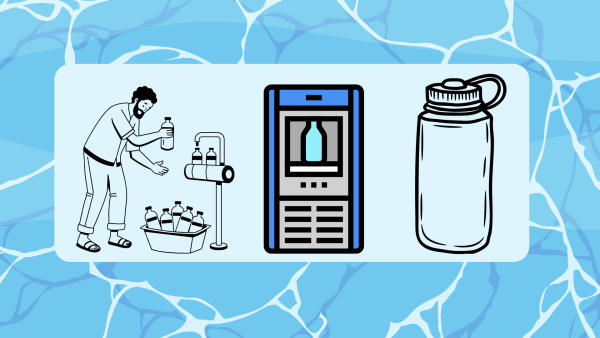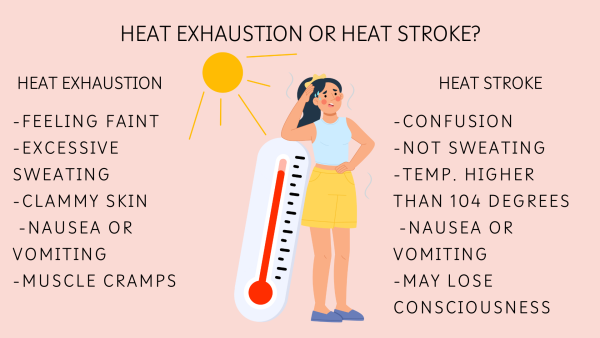On April 15th, Mounds View High School student Audrey Stenzel stepped forward to testify in support of a cause she deeply believes in: access to free water at entertainment venues in Minnesota.
Stenzel spoke in favor of a bill that would require entertainment venues across the state to offer free water to attendees. She emphasized that lack of proper access to water is more than just an inconvenience — it’s a serious health and safety concern.
While testifying before the Senate Commerce and Consumer Protection Committee, Stenzel stated, “Consumers have a human right to water, and venues should protect that right.”
The proposed bill would require any venue with a capacity of 100 people or more to provide free, safe drinking water to attendees. However, the bill also includes flexible options for venues to choose how they meet this requirement — whether by allowing sealed water bottles, providing water refill stations, or handing out cups of drinking water.
Representative Leigh Finke, a DFL legislator from St. Paul, is the bill’s lead sponsor in the House. She shared that this is the most popular bill she’s ever introduced, saying that everyone she’s spoken to has expressed strong support for the idea.
Finke also acknowledged that many of Minnesota’s stadiums and arenas already do their best to follow similar practices — by offering free cups of water or allowing patrons to bring in their own water bottles. However, not all venues have adopted these measures, which leaves many event-goers, especially during the hottest months of the year, without affordable access to something as essential as water.

Requiring families to buy water at events isn’t a sustainable solution. After spending hundreds of dollars on tickets, parking, and food, many families can’t or don’t want to spend $7 to $11 per bottle of water. That’s where the need for this bill comes in. Attending events should be about making memories, not stressing over access to basic necessities. Everyone deserves access to free water — it’s essential for keeping the body hydrated and healthy, especially during long days in the heat.
According to the U.S. Environmental Protection Agency, more than 1,300 people die each year from heat-related illnesses. Prolonged exposure to high temperatures can lead to serious conditions such as heat exhaustion and heat stroke, and can even contribute to heart attacks and strokes. The National Weather Service notes that “heat is a leading weather-related killer in the United States,” and that most of these deaths are preventable with proper outreach and intervention.

This data underscores just how important this bill is. If passed, it could help prevent tragedies, promote public health, and ensure that people can enjoy their favorite events safely and affordably.






